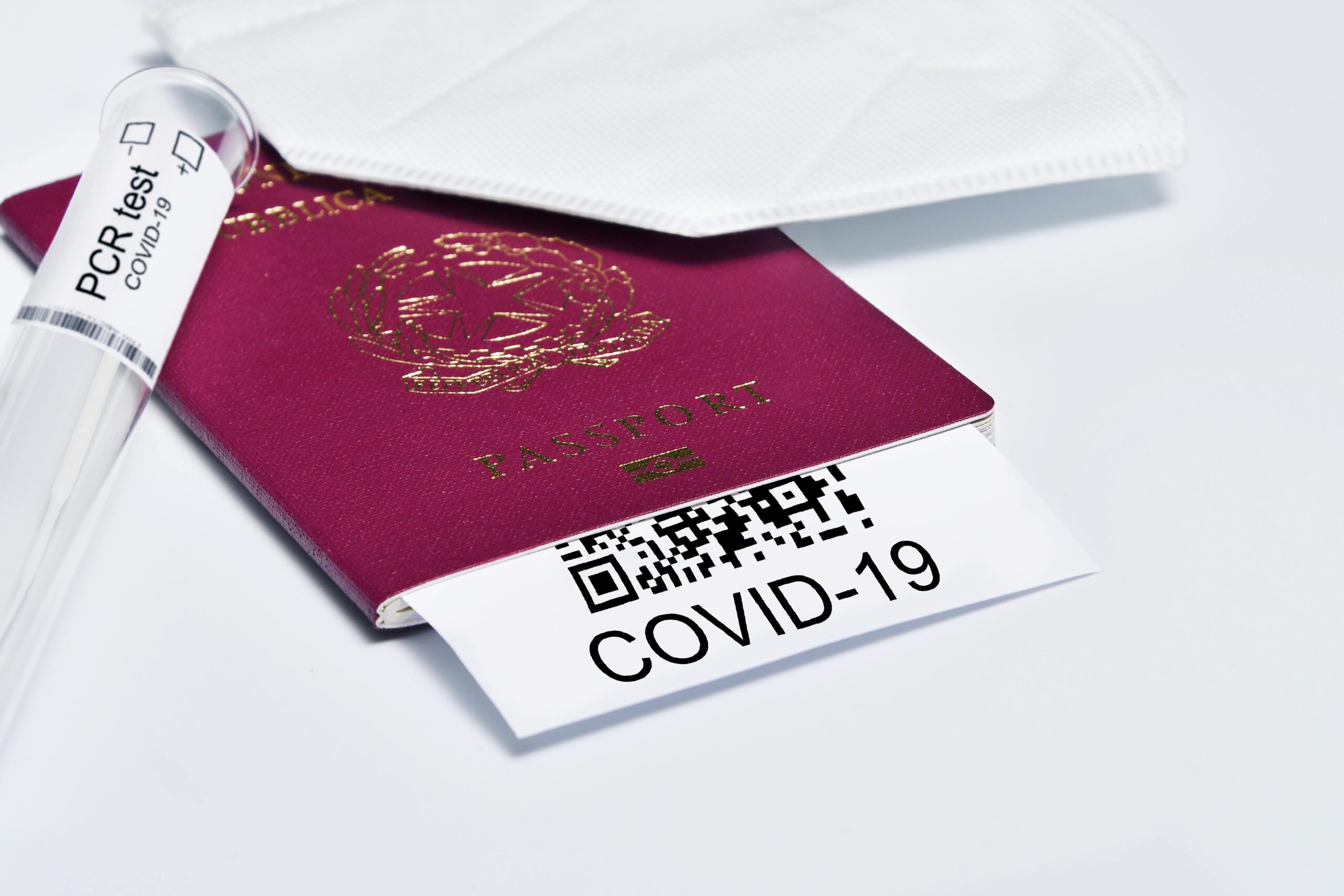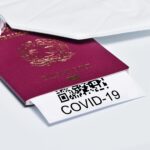A Foundational Guide to Inherited Canadian Citizenship
For many individuals living outside Canada, the discovery of a Canadian parent or grandparent can ignite a profound sense of connection and open a doorway to new possibilities. This heritage often carries with it the potential for Canadian citizenship, a concept known as citizenship by descent. While the idea of claiming citizenship through your lineage is straightforward, the legal pathway to securing official recognition and a Canadian passport is detailed and requires a meticulous approach. The journey involves navigating the intricacies of Canada’s Citizenship Act, understanding crucial generational limits, and following a specific two-step process: first proving your citizenship, and only then applying for a passport. This process is not merely about filling out forms; it is about substantiating a legal claim to one of the most valued citizenships in the world. As an experienced professional in the field, this guide will illuminate the critical steps, recent legislative shifts, and potential challenges you may encounter on your path to officially becoming a Canadian citizen and obtaining your passport.
Understanding the Bedrock Principle: Canadian Citizenship by Descent Explained
Canadian citizenship law is primarily built on two principles: jus soli (right of soil), which grants citizenship to almost everyone born on Canadian soil, and jus sanguinis (right of blood), which allows citizenship to be passed down from a parent to a child born abroad. It is this second principle, jus sanguinis, that governs inherited citizenship. However, a significant amendment to the Citizenship Act in 2009 introduced what is commonly known as the “first-generation limit.” This rule fundamentally changed how citizenship is transmitted to subsequent generations born outside of Canada. In essence, a Canadian citizen parent can pass on their citizenship to their child born abroad, making that child a Canadian citizen by descent. However, if that child (the first generation born abroad) also has a child outside of Canada, they cannot automatically pass on their Canadian citizenship. This second generation born abroad would not be a citizen at birth under this rule. This limitation was put in place to ensure that Canadian citizenship is maintained by those with a meaningful connection to Canada. It has, however, created significant challenges for many families with deep Canadian roots, leading to a group of individuals often referred to as “Lost Canadians”—those who feel a strong connection to Canada but are barred from citizenship due to their place of birth.
A New Horizon for ‘Lost Canadians’: The Impact of Recent Legislative Changes
In a landmark development, the Canadian government has acknowledged the unintended consequences of the first-generation limit. Recent legislative proposals aim to amend the Citizenship Act to restore citizenship to many who were previously excluded. This monumental shift is designed to extend citizenship by descent beyond the first generation born abroad, effectively granting it to anyone born outside Canada to a Canadian parent who was also born outside Canada, provided their Canadian parent has or had a “substantial connection” to Canada. While the precise definition of “substantial connection” is being refined through policy, it is expected to involve a residency requirement for the Canadian parent in Canada before the child’s birth. These changes represent a compassionate and corrective measure, recognizing that a person’s connection to Canada is not solely defined by their parents’ birthplace. For thousands of families, this opens up a previously closed door, allowing them to reclaim their Canadian heritage. It is a testament to the evolving nature of immigration law, adapting to reflect the global mobility of Canadian families and the enduring bonds they maintain with their home country. This legislative evolution is a critical piece of information for anyone who previously believed they were ineligible for citizenship by descent.
The Indispensable First Step: Securing Your Proof of Canadian Citizenship
A common and critical misconception is that an eligible individual can directly apply for a Canadian passport. This is incorrect. Before you can even consider a passport application, you must first obtain definitive proof of your Canadian citizenship. This comes in the form of a Canadian Citizenship Certificate. This document is the official confirmation from Immigration, Refugees and Citizenship Canada (IRCC) that you are, in fact, a Canadian citizen. The application for a Proof of Canadian Citizenship (Form CIT 0001) is a detailed process that requires you to build a comprehensive case file proving your claim. You must provide extensive documentation that establishes a clear and unbroken link to your Canadian parent.
Key Documents and Evidence:
- Your Original Birth Certificate: This is a foundational document that must list your Canadian parent(s). If the certificate is not in English or French, you must provide a certified translation.
- Proof of Your Parent’s Canadian Citizenship: This can be your Canadian parent’s birth certificate (if they were born in Canada) or their Canadian citizenship certificate or card (if they were naturalized or also citizens by descent).
- Connecting Documents: Depending on the circumstances, additional documents like your parents’ marriage certificate or legal name change documents may be required to show a clear line of descent.
- Identity Documents: You will need to provide valid photo identification and other supporting personal documents.
Submitting this application is the most crucial phase of the entire process. Any missing information, inconsistencies, or unconvincing evidence can lead to significant delays or even a refusal. The processing times for citizenship certificates can be lengthy, so it is imperative to begin this step as early as possible. Only once you have the physical citizenship certificate in your hands can you proceed to the next and final stage.
From Certificate to Travel: The Canadian Passport Application Process
With your Canadian Citizenship Certificate secured, the final step is to apply for your Canadian passport. This process, while still requiring attention to detail, is generally more straightforward than the citizenship application. The key is that your citizenship has already been officially recognized by the government, and you are now applying for a travel document as a confirmed citizen. The application requires several key components. You will need to complete the appropriate adult general passport application form, which is available online or at designated service locations. You must submit your original Proof of Canadian Citizenship (the certificate you worked hard to obtain)—photocopies are not accepted. Two identical passport photos that meet the strict government specifications are also mandatory; photos that do not meet the criteria are a common reason for application rejection. Finally, a significant part of the application is securing a guarantor. A guarantor is someone who can confirm your identity. They must have known you personally for at least two years and must meet specific criteria, such as being a Canadian citizen holding a valid Canadian passport. They will need to sign your application form and one of your passport photos. If you do not have an eligible guarantor, you may be able to complete a Statutory Declaration in Lieu of Guarantor. Once all elements are correctly assembled, you can submit your application and anticipate receiving your Canadian passport, the ultimate symbol of your reclaimed heritage.
FAQs
What is the ‘first-generation limit’ on Canadian citizenship?
The first-generation limit is a rule in Canada’s Citizenship Act which states that a Canadian parent can pass on citizenship to their child born abroad, but that child (the first generation born abroad) generally cannot automatically pass citizenship on to their own child if they are also born outside of Canada.
Do I need a citizenship certificate before I can apply for a Canadian passport?
Yes, absolutely. You cannot apply for a Canadian passport with just your foreign birth certificate and your parent’s proof of citizenship. You must first successfully apply for and receive your own Canadian Citizenship Certificate, which is the official document from IRCC confirming your status as a citizen.
How do recent changes to the Citizenship Act affect me if I was born outside Canada?
Recent legislative proposals are aimed at restoring citizenship to many individuals who were previously excluded by the first-generation limit. These changes could make you eligible for citizenship if you were born abroad to a Canadian parent who was also born abroad, provided that parent had a “substantial connection” to Canada before your birth.
What kind of documents are needed to prove inherited Canadian citizenship?
To prove your claim, you will typically need your original long-form birth certificate listing your Canadian parent, your parent’s proof of Canadian citizenship (e.g., their birth certificate or citizenship certificate), and other connecting documents like marriage certificates or legal name change documents, along with your own personal identification.
Talk to us to find out more. ->
The content above is not intended to provide legal advice or opinions of any kind and may not be used for professional or commercial purposes.







